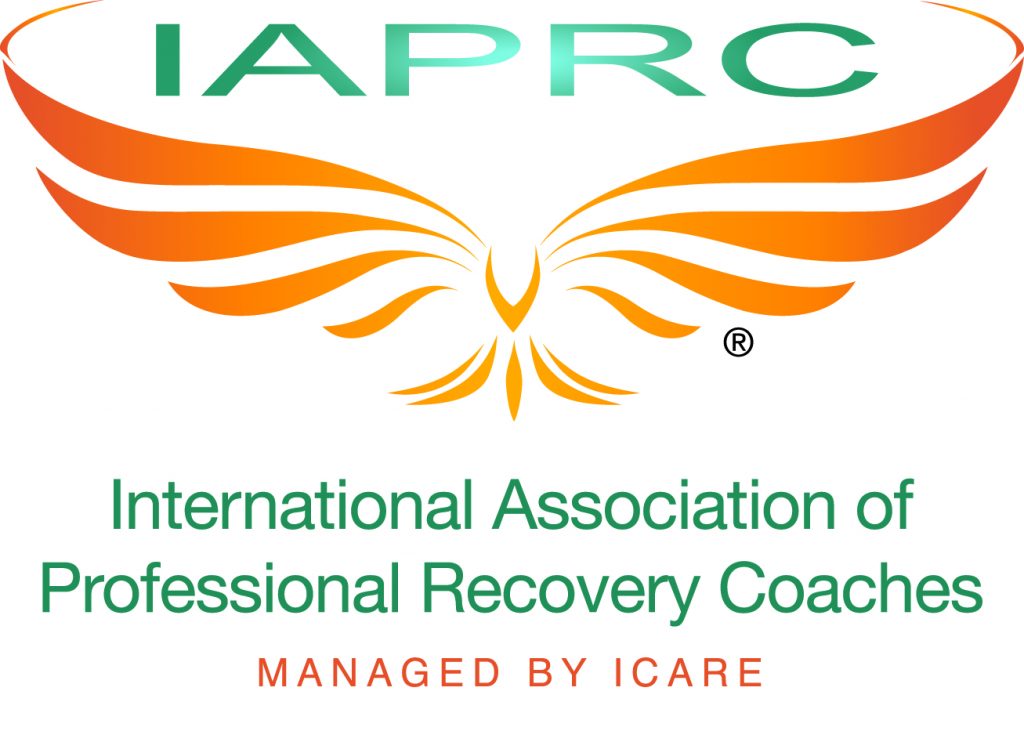Supporting employees with substance misuse issues in today’s fast-paced and demanding work environment is not only humane, but also vital to the bottom line. It’s crucial for employers to prioritize the well-being of their employees, especially when it comes to supporting individuals who may be struggling with substance misuse and addiction issues. Creating a recovery-ready workplace is not only beneficial for the affected employees but also for the overall productivity and morale of the organization.
In this blog, we will explore the importance of having a recovery-ready workplace and discuss practical steps that employers can take to support employees dealing with substance misuse issues.
What’s the Workplace Have to Do With It?
According to SAMSA’s estimation of 46.3 million people living with substance misuse, 70% of them are employed.

Employers play a crucial role in addressing substance misuse issues and promoting recovery among their employees. One of the first steps in creating a recovery-ready workplace is to raise awareness and educate employees about substance misuse and its effects. Providing training sessions, workshops, and informational materials can help employees understand the importance of maintaining a healthy lifestyle and seeking help when needed. By promoting a culture of openness and support, employers can encourage employees to come forward and seek assistance if they are struggling with substance misuse and addiction.
Substance misuse is a complex and challenging issue that can have a significant impact on an individual’s physical and mental health, as well as their performance at work. Recognizing the signs of substance misuse and providing appropriate support is essential for creating a safe and supportive work environment.
Practical Ways to Be a Recovery Ready Workplace
Another key aspect of a recovery-ready workplace is the implementation of policies and programs that support employees in their recovery journey. This may include offering employee assistance programs (EAPs), counseling services, and access to treatment resources. Employers can also create a supportive environment by implementing flexible work schedules, providing time off for treatment, and offering peer support groups for individuals in recovery. It is essential for employers to ensure confidentiality and non-discrimination when addressing substance abuse issues in the workplace. Employees should feel safe and comfortable disclosing their struggles without fear of judgment or negative consequences. By creating a stigma-free environment, employers can promote a culture of empathy and understanding, which is essential for supporting employees in their recovery.
Proactive Ways to Support People in Recovery
In addition to providing support for employees with substance misuse issues, employers can also take proactive measures to prevent substance misuse in the workplace. This may include implementing drug testing policies, promoting healthy lifestyle choices, and providing resources for stress management and mental health support. By creating a supportive and healthy work environment, employers can help prevent substance misuse issues from arising in the first place. In cases where an employee is struggling with substance misuse, it is important for employers to intervene early and offer support. This may involve having a confidential conversation with the employee, expressing concern, and providing information about available resources for treatment and support. Employers can also work with the employee employee using professional recovery coaches to develop a personalized recovery plan and provide ongoing support throughout the recovery process.

Overall, creating a recovery-ready workplace requires a proactive and compassionate approach to supporting employees with substance misuse issues. By raising awareness, implementing supportive policies, and fostering a culture of understanding and empathy, employers can make a significant impact on the well-being of their employees and the overall success of their organization. A large part of this plan depends on counselors, coaches and peer support specialists that are trained in this specialty.
How Can ICARE Help Create a Recovery Ready Workplace?
That’s where we come in. ICARE provides prevention resources to support healthy choices, decrease risks and lower healthcare costs. At the top of this list is our CFAA training program. Available to life coaches with a special track for HR professionals, it is a vital part of creating the community needed in a recovery ready workplace. ICARE Certified Facilitator Addiction Awareness (CFAA) training prepares individuals to lead and facilitate conversations around substance misuse, addiction, and recovery in the workplace. Certified Facilitators are empowered to deliver webinars and/or workshops that create psychological safety and raise awareness in order to heal the sickness of silence that exists within the workplace relating to substance misuse and addiction.
Follow us on FaceBook at Recovery Coach Training!
Join us on LinkedIn under our ICARE Umbrella!

